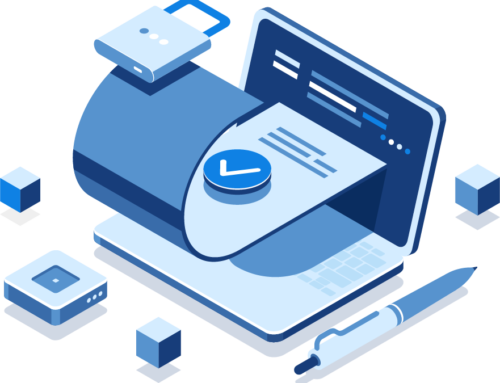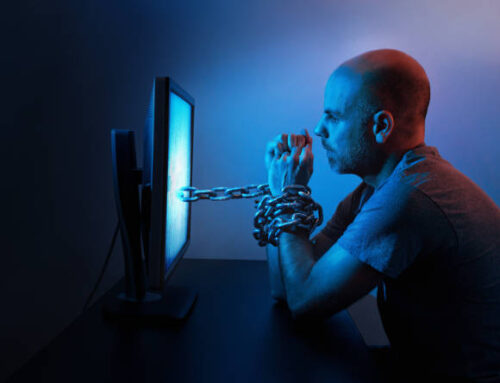Despite differing opinions on whether or not porn addiction is “really” an addiction in the traditional sense, most would still agree that it is a serious problem across the United States. There are roughly 200,000 Americans who have been classified as “porn addicts” and 4 million American people regularly visit porn websites. Also, despite the risks of job loss or legal problems, millions of people access porn at work every year. With such an environment, it is little surprise that porn addiction has become as common as it has.
Porn addiction can be a tough habit to break, as many people who have a porn problem struggle to openly admit it.
How to Talk to Someone About Their Addiction
First and foremost, do not judge them. When some people find out that a friend or family member is a porn addict, they tend to respond with surprise, followed by disgust, disappointment, or shame. This type of reaction is exactly why many people who suffer from porn addiction don’t tell anyone. They fear being judged or rejected by the people in their lives, so they deny having a problem at all to hold onto a sense of dignity.
If you want to help them though, you need to set aside your judgments, confront them on the matter (gently), and hear them out. Remember that above all else, what someone dealing with porn addiction needs is love and compassion. Also, don’t make assumptions regarding the when, where, why, and how of their porn problem. If you start looking up information on porn addiction, you’ll probably find a lot of heartbreaking stories and worst-case scenarios, which can make us fearful and suspicious. But you’re better off letting them explain themselves rather than throwing out “what if” scenarios.
Once you have cleared the air and talked about their problem, it is time to discuss how to go forward. There are many different plans and strategies for recovering from porn addiction and not all of them will be a perfect fit, but they need to start considering their options. Ask your loved one to do some research for a porn addiction recovery plan or do it yourself if they don’t seem up to it.
While not everyone needs to attend a recovery program, at the very least they should select someone to serve as an accountability partner. This is someone who can hold them accountable for their behaviors, encourage them, and be willing to problem solve with them when they need help. You’re loved one might want you to be their accountability partner or they might want to go with someone else (it is preferable that the partner is of the same sex and doesn’t struggle with the same sexual behavior), but either way, you should offer your support and encouragement going forward.
Remember To Follow Up
After having your first discussion with your loved ones about their experiences with pornography, it is critical to follow up over time to see how they are doing. Even if you aren’t going to serve as their accountability partner, you still need to work with them and make sure they are still on the road to recovery. Many assume (or perhaps) hope that once someone’s porn problem is out in the open, that the hardest part is over. Why would they keep it up after the initial embarrassment? But porn addiction is a compulsive behavior that can take a long time to stamp out completely.
Talking about it is going to be awkward, so you should avoid having this conversation in public or around other people, especially those who don’t already know about the porn problem. Consider bringing it up in the car when you’re alone with them. Just not having to make direct eye contact can be a huge relief. Most importantly, stress that you’re always available to talk and that you’re willing to help however you can.
Combine Talk With Tools
If your loved one is struggling with giving up porn addiction or if they’re worried about succumbing to old habits, consider recommending internet filtering software like Clean Internet. This type of software is designed to block out unwanted online content, safeguarding against the temptation of pornography . This extra set of online safeguards adds that additional layer of accountability that makes recovery a more realistic prospect. All they need then is a supportive hand to help them through the journey.





